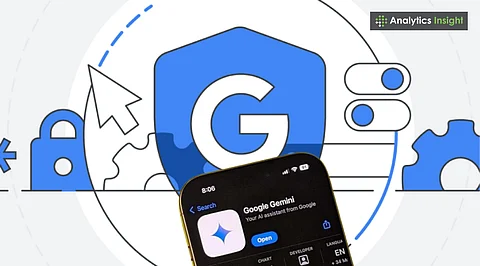

Google has rolled out a major update to its Gemini Deep Research feature, equipping the AI with the ability to scan users’ Gmail inboxes, Drive files, and Chat conversations to create detailed, multi-source research reports.
The feature, which starts rolling out on desktop today, will soon be available to mobile users as well. This update represents one of the most significant expansions of Gemini’s capabilities since launch.
Deep Research is designed to go beyond short-form answers by generating multi-page analytical reports. With the new integration, Gemini can now cross-reference internal and external sources, combining data from emails, documents, spreadsheets, PDFs, and even chat logs with public web results.
This allows users to ask Gemini to perform complex tasks such as analyzing project notes, related correspondence, and strategy files to produce a single, synthesized report.
To do so, users need to open Gemini’s Tools menu, choose ‘Deep Research,’ and select preferred data sources: Search, Gmail, Drive, and/or Chat. After which, the AI will take the initiative to create a research plan according to your specifications, perform the searches in the chosen sources, and produce a report that you can either upload to Google Docs or have converted into an AI-generated podcast.
Also Read: Mastercard Partners With Ripple and Gemini for RLUSD Payments
Deep Research has evolved dramatically since its initial launch with the Gemini 1.5 Pro in December 2024, through the major modifications of the 2.0 ‘Flash Thinking’, and culminating in the final release of 2.5.
The system leverages Google’s million-token context window, enabling it to process hundreds of pages in one session and operate asynchronously, so users can close their devices while the AI completes its work.
An error recovery system now ensures tasks don’t restart from scratch when a single step fails. The upgraded Deep Research tool lives at gemini.google.com and represents Google’s latest step toward deeply integrated, personalized AI research.
